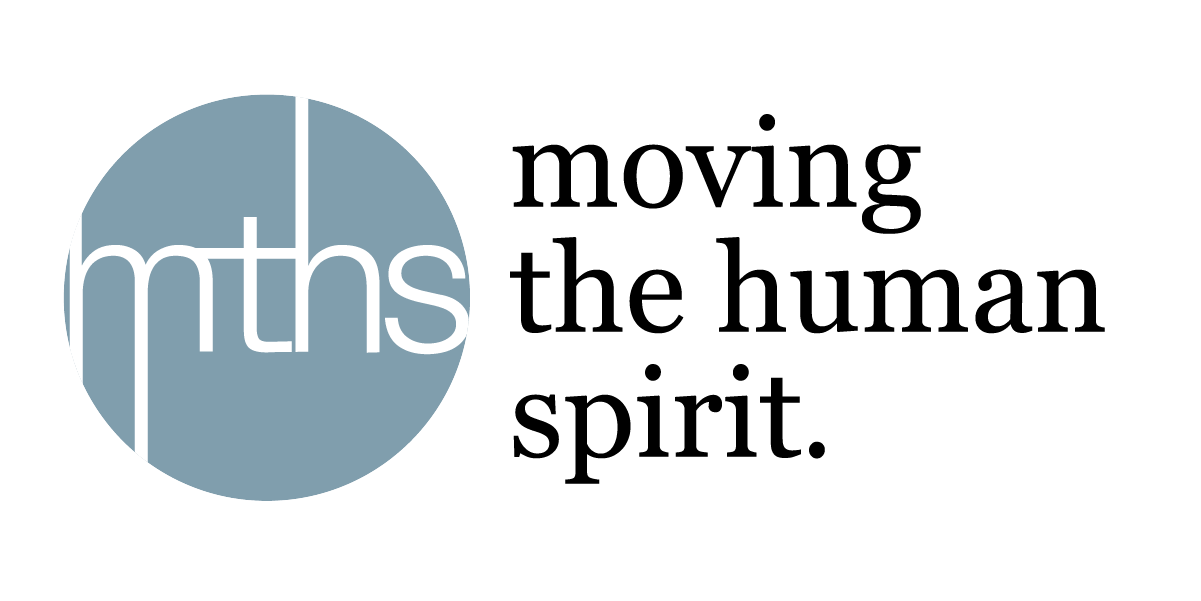Client referral is one of the most important conversations that we have in Trauma-Informed Coaching – when, why and how to refer coaching clients.
The Role of Trauma-Informed Coaches
As Trauma-Informed Coaches, or even Coaches in general, we have an ethical responsibility to refer our clients through the International Coach Federation (ICF). Given that we are non-clinical – we do not treat, nor do we diagnose clients – we need to be very aware when we are working with clients whether in the Trauma-Informed Lens or not, when what is going on with them may be outside of the coaching wheelhouse.
We make sure that any intervention needed by another professional has been taken advantage of and remembering that the intervention does also help with the process of the client getting to that solution-focused place and can save lives in the most extreme situations.
Why Refer a Coaching Client to Another Professional?
One reason that we look at referral is when the scope of work is outside of the Coaching wheelhouse. If the scope of work that our clients are bringing to us is way outside of what we do as Coaches, then at that point we want to consider referring the client to someone that is more capable. Only we as individuals can decide whether our Coaching ability can work with specific clients, so it’s very good to be able to check in with our ego and see where we’re at on that scale of one to ten in our ability to work with our client themselves.
We will also do this if we see some behaviours coming up for the client that they are unable to mitigate*. If we are working with the client and they have some behaviours that keep presenting themselves and we’re not able to assist them in mitigating those behaviours and they start interfering with daily functions, then we also want to think about that possibility of referring.
If we’re in sessions where we feel that there are too many barriers or are becoming stuck for extended periods of time with the client themselves and if we’re finding no solutions to move us out of that stuck area, then we want to be able to talk to the client about referral to make sure that they’re getting exactly what it is they came for from us as Trauma-Informed Coaches.
As Trauma-Informed Coaches, we are always mindful that if the issues are psychological in nature and are deeply seated emotional traumas, then we want to be able to make sure that the client is getting the best resources, that they are open to being referred and that we are only in their best interest suggesting this.
How to Refer a Coaching Client to Therapy or Other Support
Some of the ways that we suggest referral is that we are direct with the client, we can talk about some of the things that we notice as a Coach. We can say, “I have noticed over the last while that you have been commenting more and more about falling back in your process here.” We talk to them about where are they feeling in that scale of one (not at all) to ten (completely) with how they’re progressing in what we’re doing. If again some of the behaviours that they’re exhibiting are pointing to a deeper issue, we want to be open and listen closely that what they are saying to us, that what we’re mirroring back to them is encouraging them to seek other help if they’re not making progress within our lens of exploration.
The other thing we want to be able to do with the client is to be able to speak about other therapy and other modalities as being quite normal in the process of trauma healing. We do that as Coaches, we also want to bring that lens into the trauma arena because what we’re doing is working as hard as we can with the client in creating that alliance with them to do the best work possible, and sometimes it might not be with us.
As Trauma-Informed Coaches, we want to be very open to making referrals and consider being able to have other professionals like psychologists, psychiatrists, doctors, counsellors, and social workers that we may have on a referral list that we might be able to put our clients in touch with. Of course, we also want to consider in extreme situations that we also have other resources such as suicide hotlines and 9-1-1 in North America (or similar emergency response numbers in other countries) for immediate support.
We want to make sure our clients are being taken care of on all levels – the mental, physical, and emotional levels that we work with them on, and that we are open to the client’s process of evolving, awakening and growing.
*It is recommended that the client has been cleared to work with a Trauma-Informed Coach by their family doctor, psychiatrist or psychologist or providing Trauma-Informed Coaching in conjunction with these other professionals.



